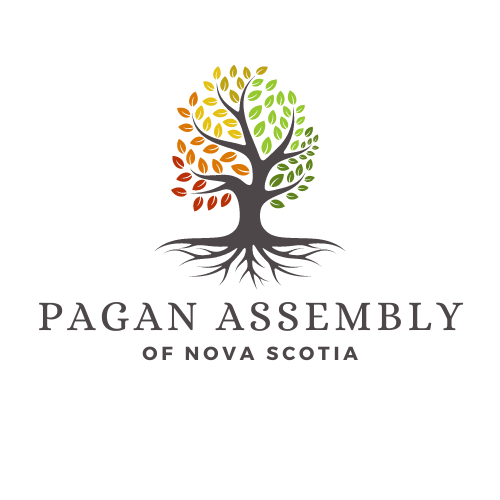Druid
Often when the combatants are ranged face to face, and swords are drawn and spears bristling, these men come between the armies and stay the battle, just as wild beasts are sometimes held spellbound. Thus even among the most savage barbarians anger yields to wisdom and Mars is shamed before the Muses.
Diodorus Siculus Histories c.8 BCE
The reason we tend to visualize the Druid as an older man in our imagination is partly due, perhaps, to a realization that by the time one has undertaken the training of Bard and Ovate one is bound to be ancient! We cannot be sure of the exact time it took, but Caesar mentions that some spent as long as twenty years in their education at Druid colleges. But this is really little different from the time young people now take to complete their education, and Caesar’s account is reminiscent of the situation of monastic schools in Europe and as far afield as Tibet, where young people would go or be sent for a complete education: free from the burden of taxation or military service and “instigated by such advantages, many resorts to their school even of their own accord, whilst others are sent by their parents and relations.” Commentators point out that ‘twenty years’ could have been a figure of speech to denote a long duration of time, or that it might have actually been 19 years since the Druids almost certainly used the Metonic Cycle, a method of reckoning based on the nineteen-year eclipse cycle.
If the Bard was the poet and musician, the preserver of lore, the inspirer and entertainer, and the Ovate was the doctor, detective, diviner and seer, what was the Druid? Their functions, simply stated, were to act as an advisor to rulers, as a judge, as a teacher, and as an authority in matters of worship and ceremony. The picture this paints is of mature wisdom, of official position and privilege, and of roles that involved decision-making, direction and the imparting of knowledge and wise counsel.
We tend to think of the Druid as a sort of priest – but this is not borne out by the evidence. The classical texts refer to them more as philosophers than priests. At first, this appears confusing since we know they presided at ceremonies, but if we understand that Druidry was a natural, earth religion as opposed to revealed religion, such as Christianity or Islam, we can see that the Druids probably acted not as mediators of Divinity, but as directors of ritual, guiding and containing the rites.
In addition to this, we know that they fulfilled a number of other functions, which we shall now examine. Separating these out is for the sake of convenience only, for in reality the roles often merged and combined, as we realize when Caesar tells us “They have many discussions as touching the stars and their movement, the size of the universe and of the earth, the order of nature, the strength and the powers of the immortal gods, and hand down their lore to the young men.” Here we see the Druids as scientists – as astronomers and mathematicians, as philosophers discussing the powers of the gods, and as teachers passing on their wisdom.

